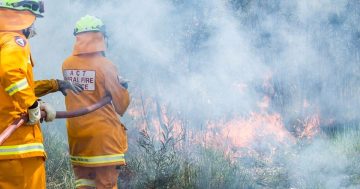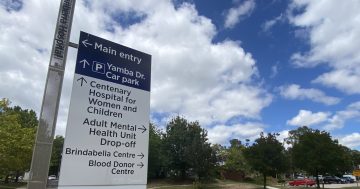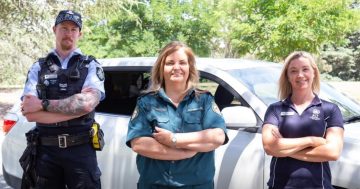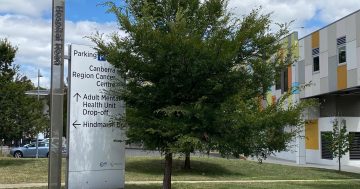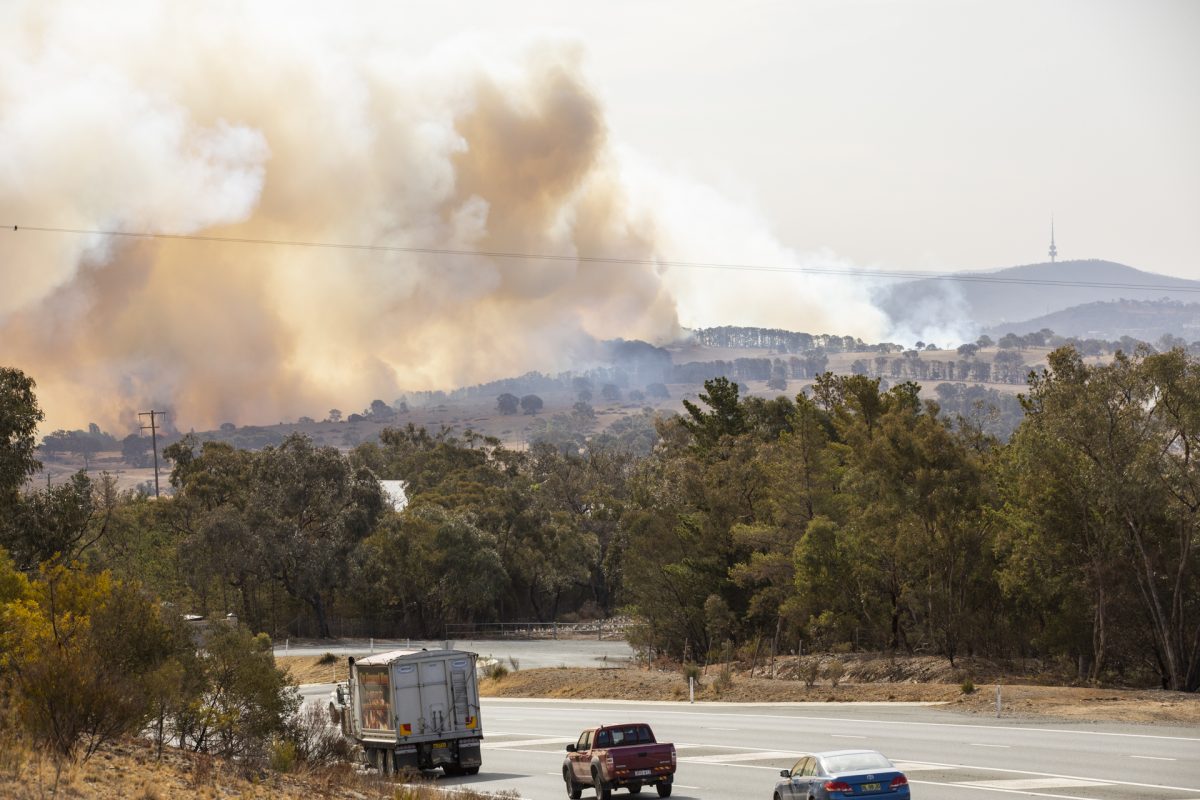
Both Canberra and Queanbeyan were threatened by bushfires during the 2019/2020 Black Summer. Photo: Michelle Kroll.
The importance of feeling and being prepared for natural disasters has been emphasised as part of two reports examining mental health during and after the Black Summer bushfires.
The joint study from ACT Health and the University of NSW examined the wellbeing of more than 1000 people* aged between 59 and 87 from the Canberra and Queanbeyan areas during the 2020 bushfire season. The results were split between one report discussing the impacts and the other detailing people’s experiences.
It found that while people reported their mental health worsened during the Black Summer period, it quickly returned to pre-disaster levels after the fires – and disaster preparedness was a key factor.
“Disaster preparedness was a protective factor against the negative health impacts of bushfires,” the study found.
“Feeling better prepared for bushfires was associated with more positive scores on measures associated with anxiety, depression, suicidality, psychological trauma, and sleep quality.”
One aspect of this was a newfound appreciation for things once the danger had passed, such as friends, family and having fresh air to breathe.
“When it looked like we would lose our home (we didn’t), I was surprised at how it wasn’t important to me,” one woman said.
“What was important was that our family and friends were safe.”
Another view was a changed perspective about preparedness and how destructive bushfires could actually be.
It led some respondents to reconsider how realistic their expectations were about protecting their homes and the importance of having conversations about when to leave with loved ones.
The report found women were more likely to experience negative mental health impacts such as anxiety, fear and trauma both during the fires and afterwards.
“It was stressful being on alert (bags packed) for weeks … I still haven’t unpacked my evacuation bags,” one woman wrote.
Another wrote about her fear for her husband, who’s a Rural Fire Service volunteer:
“A friend’s husband ended up in hospital with injuries while firefighting, two friends with farms were seriously impacted by fires, at times frightened for their lives,” she said.
“It all felt very serious, even while I was safe in [Canberra].”
The memory of the 2003 Canberra bushfires also weighed heavily on locals’ minds during the Black Summer period, with respondents describing their panic and dread over not knowing when the fires would end.
“I was in Canberra, I was terrified the whole time I was visiting … I was later told I suffered a PTSD trauma from the Jan 2003 [fires] of which I was caught in. My then husband was caught in the middle of a firestorm and had to fight the fire with no experience or training,” one woman reported.
“It was a very terrifying time for my family and this year’s fires were a bad reminder.”
But the report showed feelings of preparedness also needed to be supported by easy-to-access information about what was happening.
One Canberra respondent expressed his frustration over lack of “in-depth information” from emergency services for specific regions of the Territory.
“Although lots of general information was provided, there were distinctly different risks when looking at the south of the ACT compared to the north, and information on the active fire fronts was often hard to discern,” he wrote.
Lack of access to emergency information was highlighted during the 2003 Canberra bushfires and led to the creation of the Emergency Services Agency’s (ESA) online warning system.
But some respondents said it still needed work.
“[It] was exceedingly frustrating and eventually became untrustworthy when it told us to ‘Evacuate’, ‘It’s too Late to Leave’, ‘Take Shelter’ all at once and we could not see a fire apart from some very distant smoke,” one woman said.
“In the end it turned out our area was never in danger.”
The report noted it was important to gain insights into people’s experiences with bushfires to guide policy decisions and responses during future natural disasters, especially given Australia’s risk of bushfires is expected to increase in the future.
“Exposure to disasters has … been linked to increased mental health problems,” the report stated.
“These negative effects on peoples’ health, particularly to mental health, emphasise the need for providing and promoting the use of appropriate health services.”
ACT Mental Health Minister Emma Davidson said this study highlighted the importance of people looking after their mental health during and after stressful events.
“I cannot overstate how living through a natural disaster, even when you’re not directly affected by it, can have a severe impact on your physical and mental health,” she said.
“I encourage anyone who is struggling during this time, whether it be from memories of the 2003 bushfire anniversary, or for any other reasons, to reach out to local support services.”
*These people have been studied since they were randomly sampled for the Personality and Total Health (PATH) Through Life project in 1999/2000.












